Need a healthy supply of proteins and fat? Give these nuts a try on your next visit to the supermarket; these benefits most especially the vegan. Although peanuts are the most common, there are still plenty of various kinds of nuts available, and has a great taste when added in yogurt or salad, if you don’t feel like munching on them alone. We have gathered a list of the healthiest nuts that you can add to your dietary regimen.
1. Peanuts

Number one in our list is the peanut due to the highest protein content and minerals such as copper, magnesium, niacin, potassium, as well as vitamin E. The importance of magnesium is that it decreases blood pressure and stimulates the growth of bone. Consumption of food-containing copper aids in the formation of RBC or red blood cells, and keeps the nerves healthy.
Not only that, but it also supplies energy and promotes a healthy heart due to its amino acids plus it has a good amount of protein for each serving. Adding peanuts to your dietary regimen decreases the chance of stroke. It reduces the vulnerability of vascular damage because it increased the production of vasodilator hormone – nitric oxide.
2. Pistachios
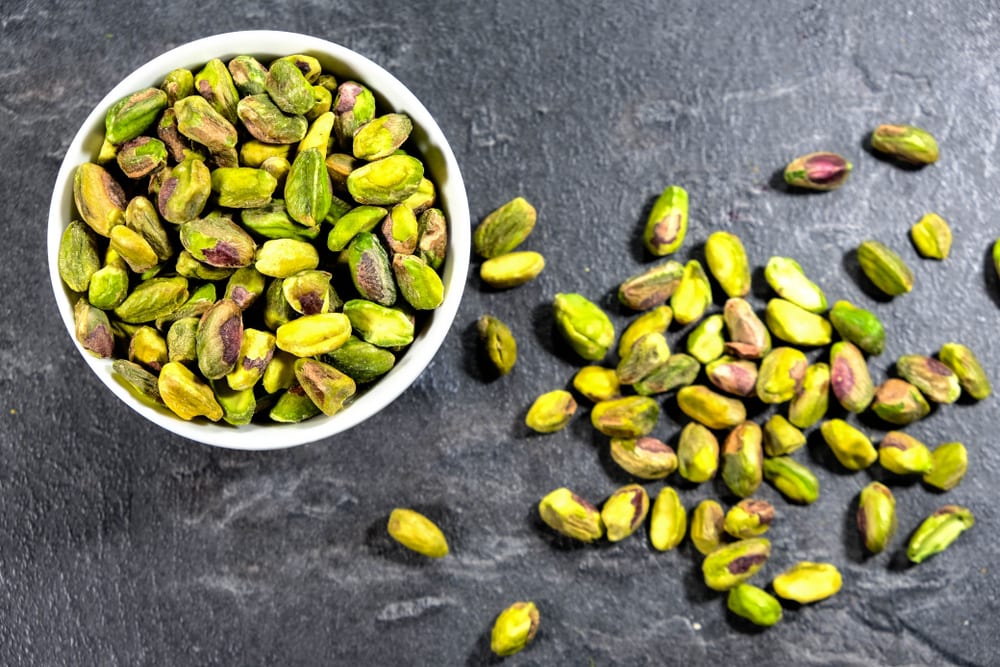
Consumption of these nuts aids to control diabetes. lower LDL cholesterol, increased iron absorption, and hydrates your skin. Pistachios are high in fiber, antioxidants, Vit B6, and copper. Its fat content is said to be the lowest in comparison to other nut-bearing trees, however, they have high phosphorus content compared to almonds and cashew. These nuts have the highest supply of potassium of all the nut-bearing trees.
3. Almonds
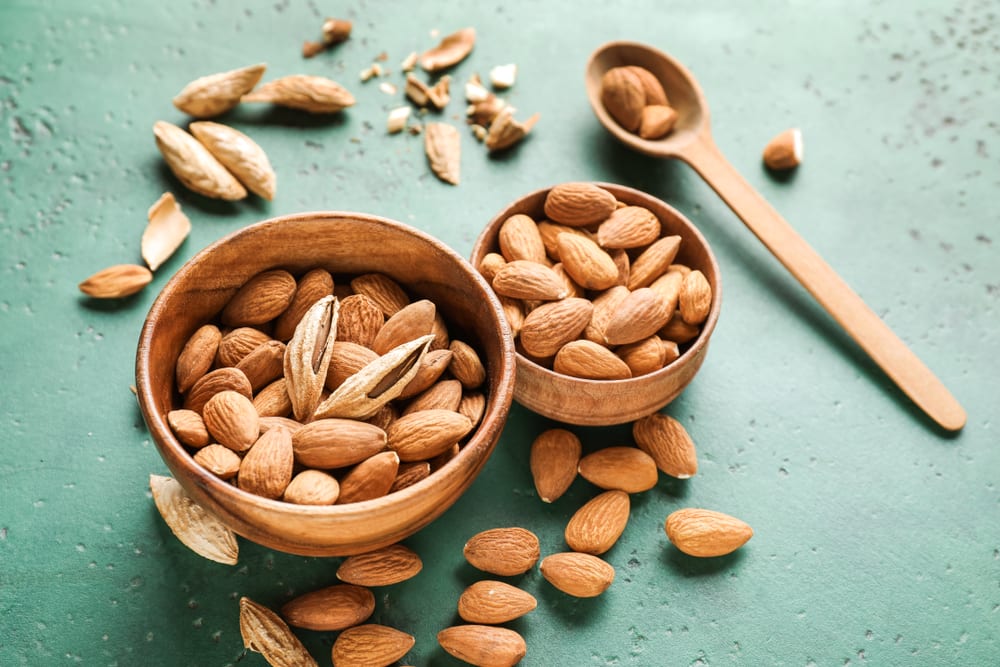
Almonds have a high protein content (6 grams per 1 ounce serving) calcium, fiber, as well as riboflavin which is beneficial for blood production. These nuts contain plenty of healthy fatty acids which have a good supply of antioxidants and oxidative stress. They also have a high Vit E content that protects the cell membranes against damage. The recommended magnesium intake is 310 to 420 mg, thus, almonds provide about half the amount with about 150 mg for every 2 ounces.
4. Brazil Nuts

Brazil nuts have no gluten and are abundant in the Amazon Rainforest. These trees grow best in the non-flooding, moist lowland countries like Brazil, Bolivia, Colombia, Ecuador, and Venezuela. It gives 14 grams protein per 1 oz of brazil nuts. They are also rich in essential nutrients like copper, selenium, and Thiamine.
5. Macadamia Nuts

These nuts are rich in dietary fibers, protein, antioxidants, and have no cholesterol and have a good supply of minerals. Macadamia nuts originate in the East Coast rainforest of Eastern Australia. They can also be found in tropical and subtropical regions, including the Middle Americans and the Islands of Hawaii. Macadamia nuts have an abundant source of MUFAs or monounsaturated fatty acids. It also can maintain the levels of fat content in the blood which protects from coronary artery disease and strokes.
6. Walnuts
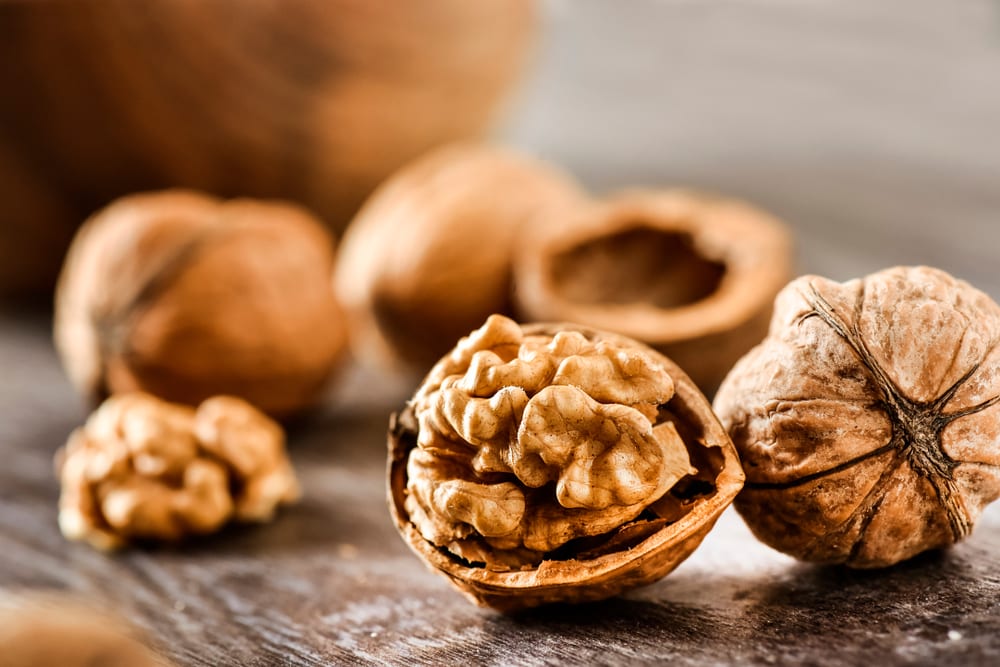
A quarter of a cup of walnuts is packed with omega-3 fatty acids! These nuts contain a large amount of calcium, potassium, and magnesium which are good for people suffering from anemia who has insufficient iron in his or her diet. Consuming walnuts regularly improves the health of your heart, it provides antioxidants, also it has anti-inflammatory benefits, protects against metabolic syndrome, and could lower the risks of too much blood clotting.
7. Pine Nuts
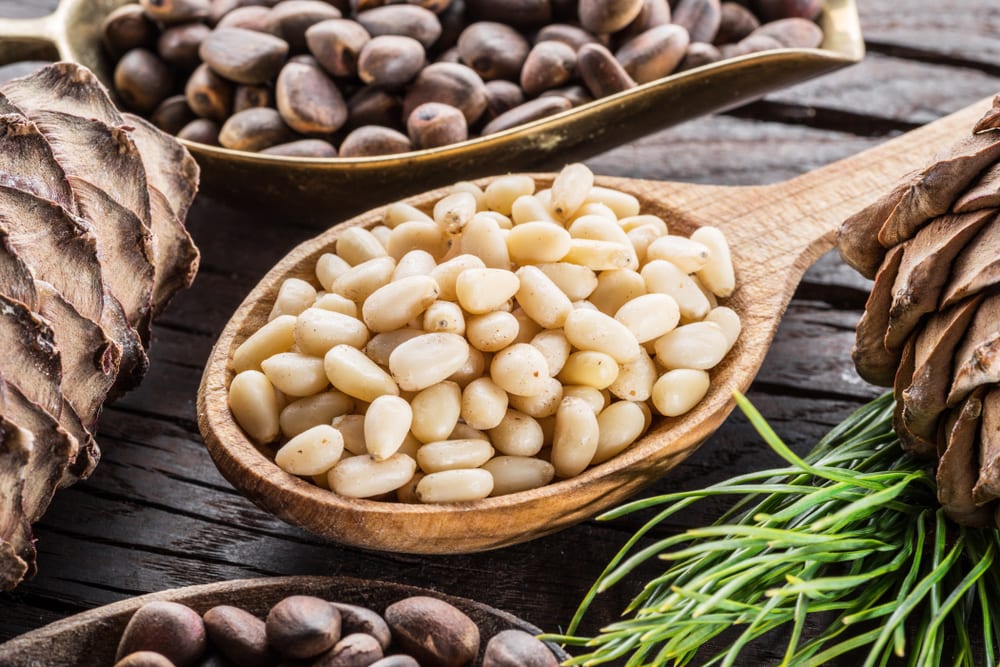
Pine nuts, when consumed regularly, boost energy and suppress appetite. These nuts reduce the risks of having heart disease. They have high protein content and minerals like iron and magnesium. According to research, it is suggested that including pine nuts in your dietary regimen contributes to a healthy vision.
8. Palm Nuts
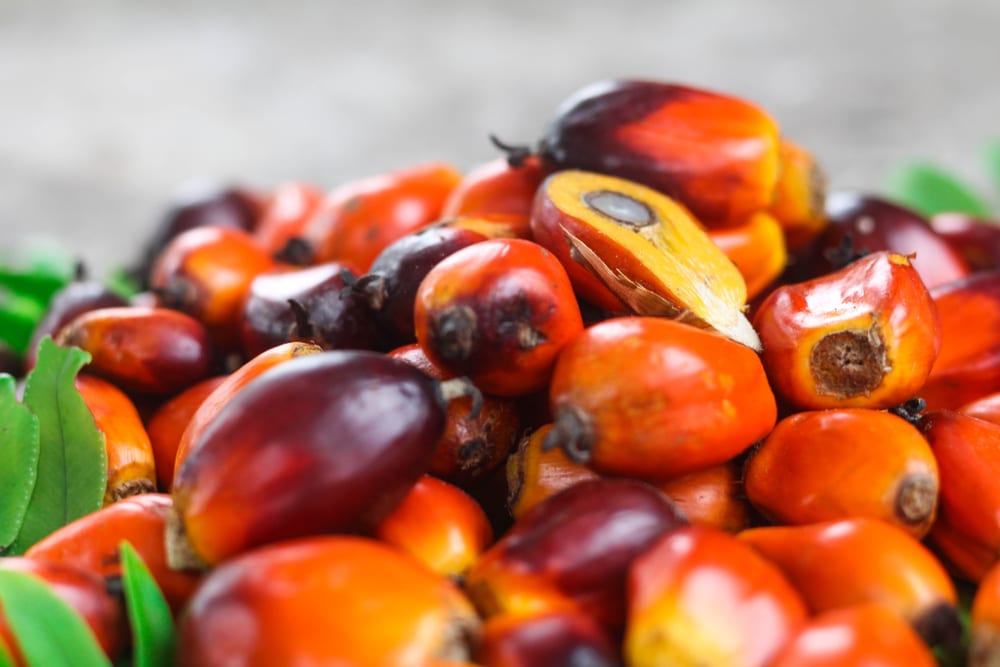
Palm Nuts are considered to have great nutritional value and contain a lot of essential minerals such as B vitamins, phosphorus, zinc, and healthy MUFAs or monounsaturated fats. In addition, these nuts provide an ample amount of potassium, folate, and vitamin E, which are great for decreasing blood pressure while maintaining the right fluid balance and muscle function.
9. Cashews
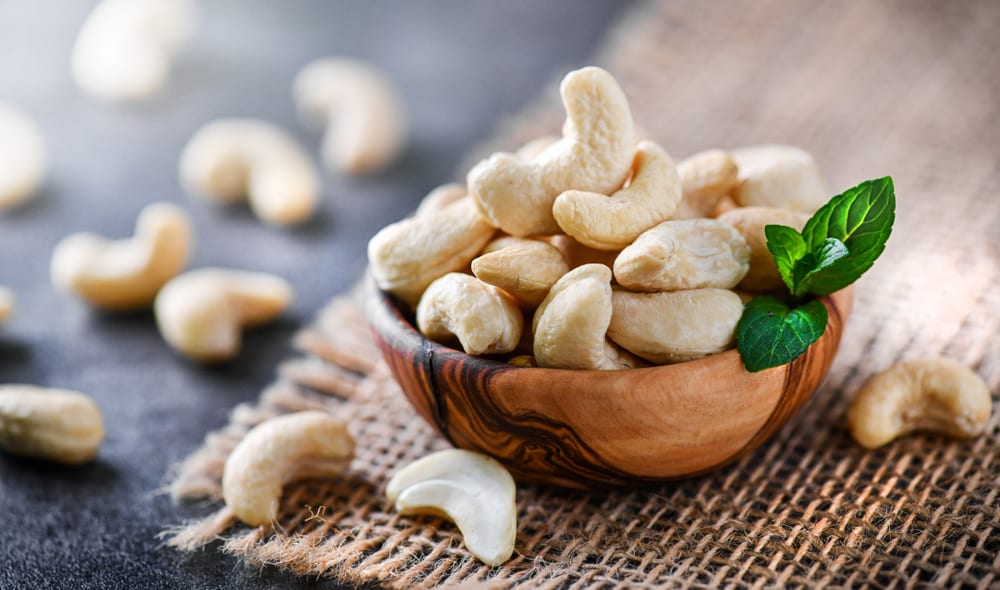
These nuts are high in vitamin B6, E, K, antioxidants, and minerals such as zinc, copper, magnesium that works along with Vit E for the protection of cell membranes against oxidative damages. It comprises 23% of recommended magnesium which may relieve migranes, prevents cardiovascular diseases like heart attacks and heart disorders and it increases cognitive ability.
10. Pecans



Unsaturated fats are found in pecans. It provides an excellent source of it and harboring vitamins plus minerals like vitamins A, E, and B. Adding pecans to your dietary regimen can also decrease cholesterol levels. It also provides an excellent source of folate, energy, niacin, and carotene B that serve as the precursor of Vit A. Incorporating pecan in your daily food intake aids in decreasing the total cholesterol and LDL cholesterol. Also, it increases HDL with which is good cholesterol.
